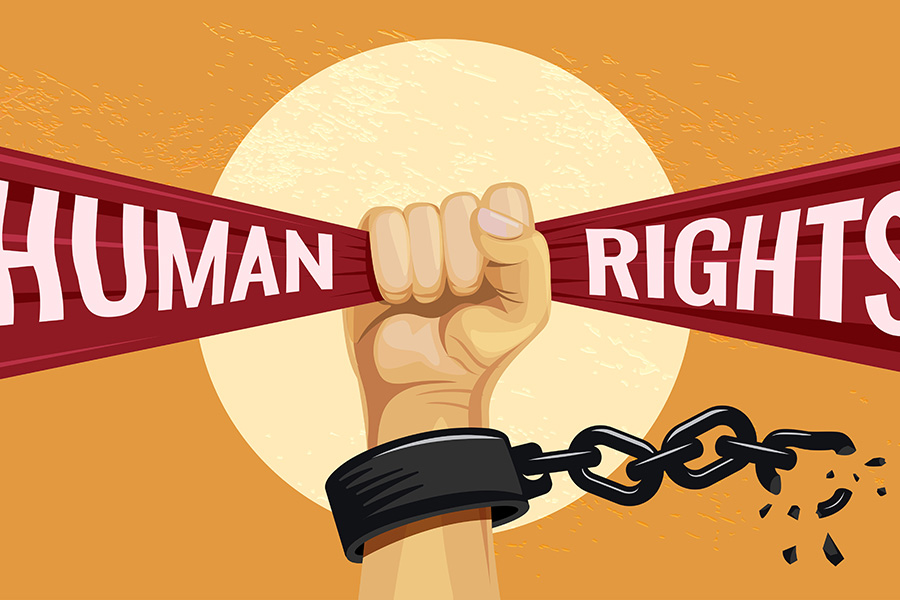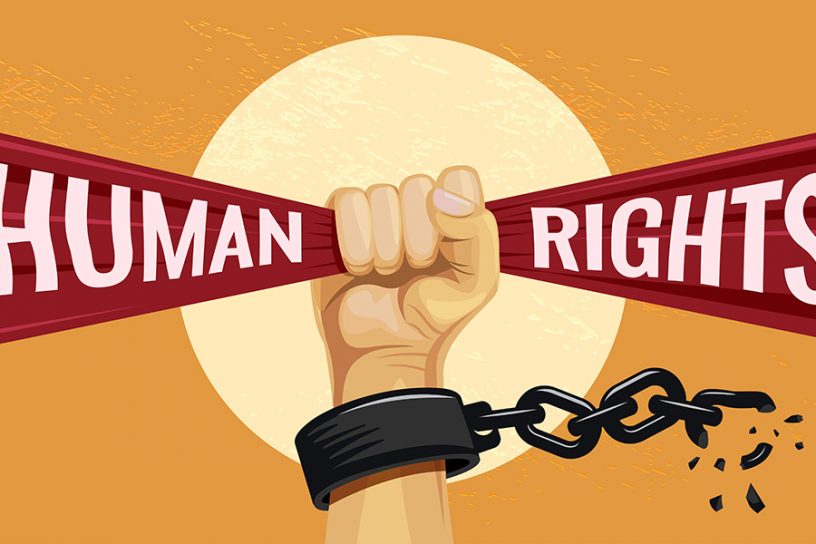
This report includes data from nations that have abolished the death penalty and analyses the activities of international organizations throughout the globe to end capital punishment.
Author
Tusharika Narwal, Assistant Lecturer, Jindal Global Law School, O.P. Jindal Global University, Sonipat, Haryana, India.
Summary
Because it opens the door to many feelings and connections in the natural cycle, human life plays a pivotal function in society. That might be one of the things that set human existence apart from the lives of other species on this everlasting planet. Although the death penalty has been abolished formally or de facto in many countries, it is still contentious for moral, political, legal, and practical reasons to apply it in other countries, including those in our own area.
This rule not only better safeguards human rights, but also reflects the evolution of the law. This report includes data from nations that have abolished the death penalty and analyses the activities of international organizations throughout the globe to end capital punishment.
The researcher has used a wide variety of credible and impartial sources, data, and subjective assessments to support or refute a certain hypothesis. The researcher has used a number of examples and quotations to support the argument. In addition, this study will analyse the growing movement to abolish the death penalty over the last several decades.
It will analyse new challenges to the death penalty and trace the history of capital punishment as a human rights problem on the world stage. In addition, it includes the author’s opinions and reasons about human rights legislation and the death sentence.
Published in: Business, Management and Economics Engineering
To read the full article, please click here.


